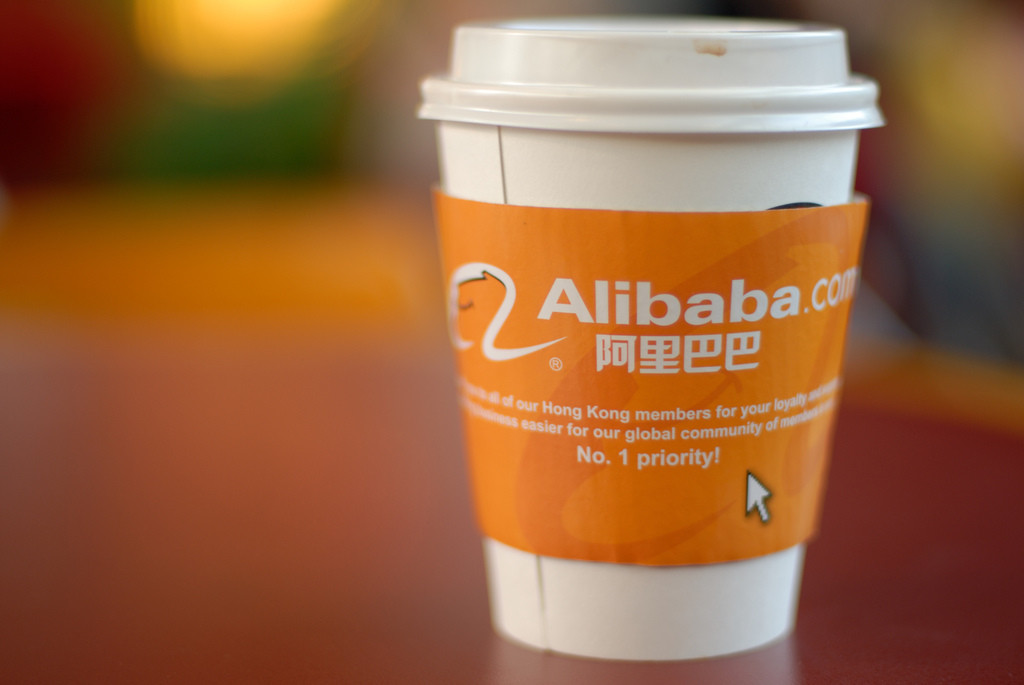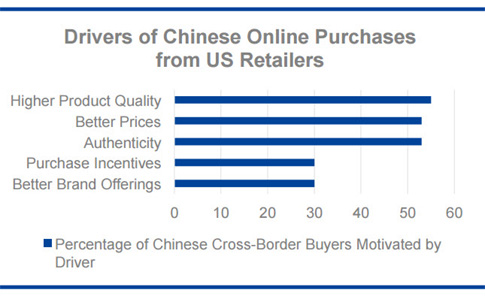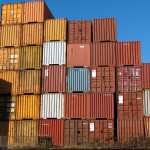Now that we’ve come down from the largest online selling day of the year (and American history), is there anything that rivals it? Obviously we wouldn’t be writing this post if there wasn’t. The answer is Singles’ Day, essentially China’s version of Cyber Monday, and its results were far from single digits. Far from single digit billions, in fact.
Origins
Before we jump into how the day did, let’s describe the holiday. On November 11th, or 11/11 (with the number one representing single people), single people in China are encouraged to splurge on themselves, or, in the words of Donna from Parks & Recreation, “treat yo self.” The day originally started in Chinese universities as an excuse for single people to party with other singles, but it spread throughout China, and is now known as a blockbuster day of online buying not all that different from Cyber Monday. Just like it and Black Friday, many businesses hype the day, and offer discounts and promotions motivating consumers to buy.
A Single Day of Massive Online Sales
The reason we’re covering the day is because just a single (but massive) online retailer, Alibaba, raked in $14.3 billion in a single day. In comparison, Thanksgiving, Black Friday, and Cyber Monday combined brought in close to $7.5 billion this year. And both of those numbers exceed last year’s easily.
If you’re channeling your inner Donald Trump and getting the feeling that China is “beating us,” don’t feel that way. Their population is far, far larger than the United States’ – more than 3.3 billion vs. 313 million respectively – which is exactly why it’s so important that retailers at least put the country on their radar, especially in an industry as global as ecommerce.
Fact is, China is a powerhouse of consumption. If not because of its massive population, then because of consumers’ eagerness to buy foreign goods, particularly American goods.
They’re very tech-savvy as well, especially in terms of mobile, which was a massive trend throughout the American holidays last week, accounting for more than half of online stores’ visits. But that mobile traffic only made up around a third of actual sales in the states. In comparison, 80% of Alibaba’s Singles’ Day sales were placed from mobile devices, and mobile purchases in China itself account for close to 50% of all online sales. These are consumers that are willing to buy anytime, anywhere. And (just for emphasis) there’s a lot of them.
If you need any additional convincing on why you should at least be interested in what’s happening in the eastern hemisphere, check out our post on China, the Asia-Pacific market, and ecommerce opportunity.
Digging a Hole to China
You’re likely thinking the following: “That’s interesting, but what does it matter to a small business owner such as myself? Sure big brands can hop over to China, but I’m not one of them.”
Selling on an online Chinese marketplace is very similar to selling on native ones. Alibaba is essentially an enormous online marketplace like North America’s Amazon or JD.com (another massive, Chinese ecommerce marketplace). It also owns a variety of ecommerce shopping sites, like Taobao, Tmall, and Tmall Global, each with its own quirk and target demographic, like how Etsy is known for its craft goods.
Generally, they operate like any other marketplace. Set up shop, snag a customer and ship the product over. They’ve got local warehouses where international products can be shipped to that fulfill products to Chinese consumers. There are also third party payment processors that handle payments, such as the widely known and trusted Alipay (you can guess who owns them).
In essence, it’s not all that different from selling on a United States marketplace, but there are far more steps to getting set up in a Chinese marketplace than a 1,000 word post can write. For more in-depth info, here’s a solid guide to opening an online shop on Tmall Global. There are quite a few rules and stipulations that must be met before your international adventures commence, and it’s worth a browse.
Now you’re probably thinking that this isn’t nearly as simple as this blog post makes it sound. And you’re completely right. Regardless of all the red tape and the requirements that need to be met before selling abroad, there are two major roadblocks for many merchants – cost of entry and shipping costs.
It’s Too Good to Be True
On the cost of entry side, I was pretty surprised to see that Tmall Global (for example) requires a $25,000 deposit just to get started selling. It’s only used as collateral to ensure you’re serious about selling internationally and to cover any sort of damages if a merchant breaches contract, but it’s still a pretty steep commitment for many retailers. However, they’re only one marketplace, and others are different. JD Worldwide, for instance, has partnered with eBay to offer international merchants easy access to Chinese demand. It all depends on what marketplace you decide to use and understanding the rules and restrictions each has.
That said, getting set up is only the first hurdle. Handling the increased shipping costs is another, and it’s likely the biggest one considering the impact it can have on margins. It’s no secret that shipping abroad is expensive. But the good news comes from what was said earlier about Chinese consumers liking American products. There’s an interest in American wares to begin with, whether it’s because of product quality, brand, or authenticity, and there’s potential to boost the price just a little bit to cover increased shipping costs. Some consumers may even be willing to deal with it just because the product is from the U S of A.
To help out further, many large companies, like PayPal and eBay, are already doing their best to get online retailers selling and shipping abroad, especially during the holidays. Like we mentioned before, eBay is partnered with JD Worldwide, plus they have their own global shipping program to ease up on the complications associated with shipping abroad. PayPal understands that the international fulfillment battle isn’t over once the order makes it to the customer – returns are a big deal as well. Until the end of the year, PayPal’s offering free overseas returns for dissatisfied, foreign customers to support international buying.
Long Story Short
By no means does this post cover everything you’ll need to know before dabbling into China’s massive market, but it at least scratches the surface and gives you some resources to look at. China’s ecommerce potential has been harped on for years, and Singles’ Day seems to justify the hype. But like any strategic business move, a lot of research and preparation has to be done before committing.
Photo: Charles Chan, Flickr




